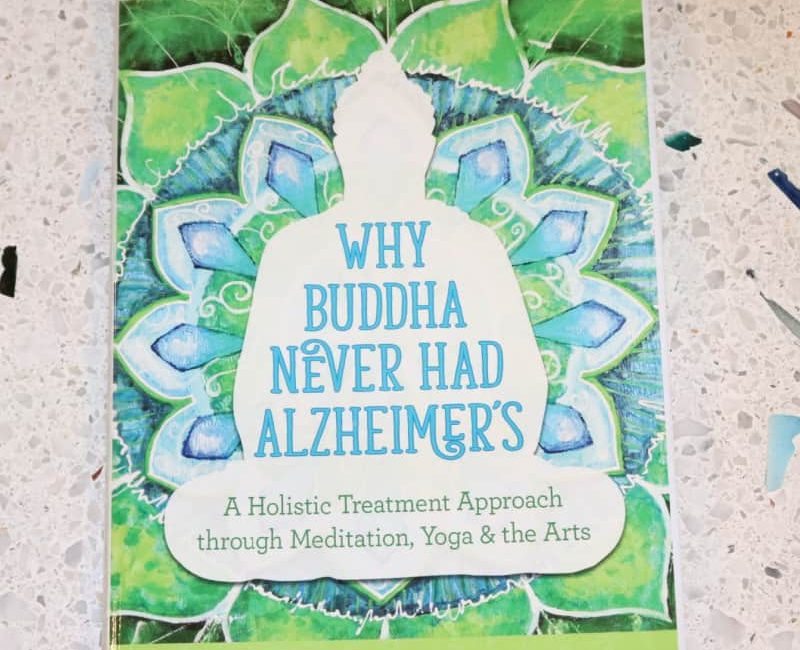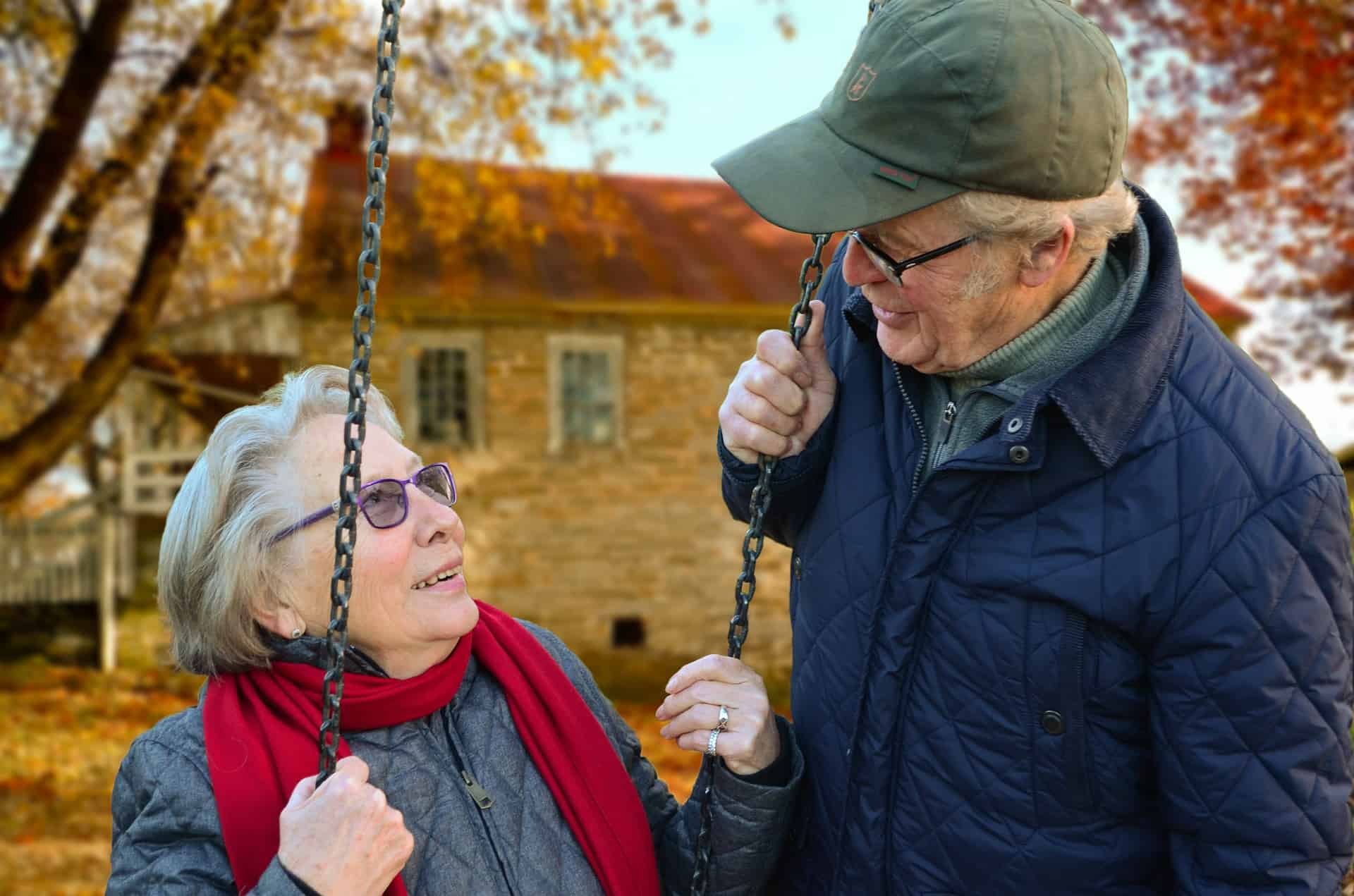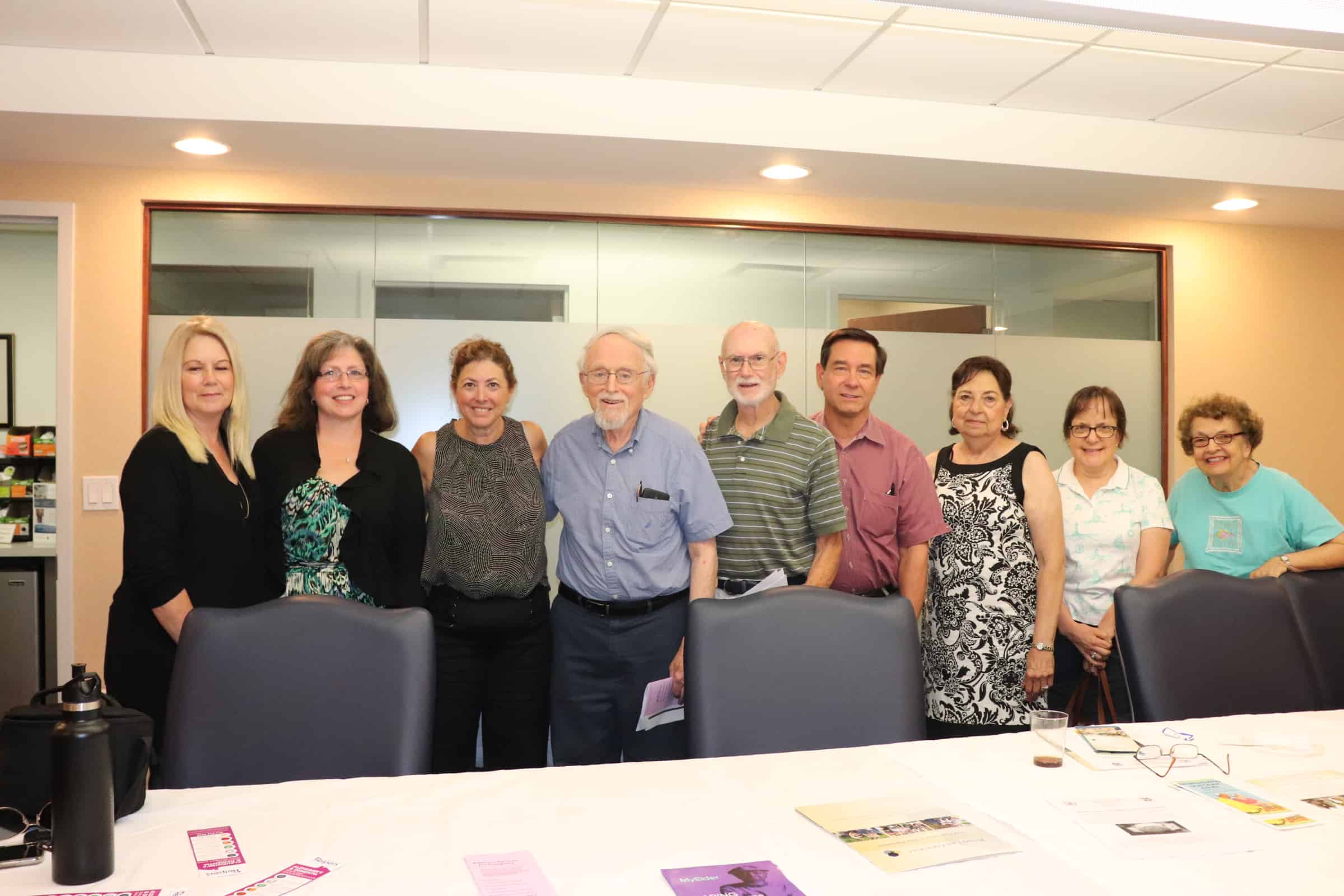When I saw the title of this new book in a “pitch letter,” I became enticed. “Why didn’t Buddha get Alzheimer?” I thought. I requested a review copy and when it arrived, I immediately opened it up to page 1 and started reading.
Why Buddha Never Had Alzheimer’s
Dr. Sen is an engaging writer. He brings the reader right in from the get-go. His interesting case studies, which are lined throughout the book, are thought-provoking.
In the book Why Buddha Never Had Alzheimer’s – A Holistic Treatment Approach through Meditation, Yoga and The Arts, is a book about Alzheimer’s and dementia.
Dr. Sen discusses various case studies throughout the book. He also makes an interesting case for meditation. He feels that meditation can help alleviate dementia if practiced daily. He also feels that meditation can help people with dementia slow down the process.
More than 5.8 million have Alzheimer’s…
With more than 5.8 million people in the US today with Alzheimer’s, the numbers are expected to double as the population ages. In the press release, Dr. Sen says that people “set the mind on an inward journey, built on novel micro-environment where stress and its damaging inflict are permantely thwarted. This bridging of the old and the new creates an imperative paradigm shift i our perspective toward managing this disease.”
Dr. Sen writes in the book, “Alzheimer’s is not just about its sufferers forgetting things. An entire spectrum of emotions descend on those disturbed minds. Afflicted patients can harbor agitation, personality changes, severe depression, stress, an inability to execute complex functions and many other cognitive deficiencies.” Each component escalates the other.
He also talks about how the whole family suffers from the disease. Dr. Sen suggests Transcendental Meditation (TM). He then discusses how The Beatles used TM and look at Paul McCartney today.
Yoga and the Arts
In addition to meditation, Dr. Sen also suggests yoga for overall fitness, mindful eating, weight control, and better body image.
He also says that music and the arts are imperative for people with Alzheimer’s.
My Takeaway
As soon as I finished reading the book, I went right to YouTube to learn about TM, Buddhism and Yoga. I found it interesting.
One of the videos I watched about TM, says that you need to devote 20 minutes, twice a day to the practice. I don’t even feel that I have enough time to work out each day, not sure where 20 minutes will fit in but I guess if it helps slow down the process of getting dementia in the future, it may be worth the extra time.
You can pick up Why Buddha Never Had Alzheimer’s – A Holistic Treatment Approach Though Meditation, Yoga & the Arts on Amazon by clicking this link: https://www.amazon.com/dp/0757319947/





